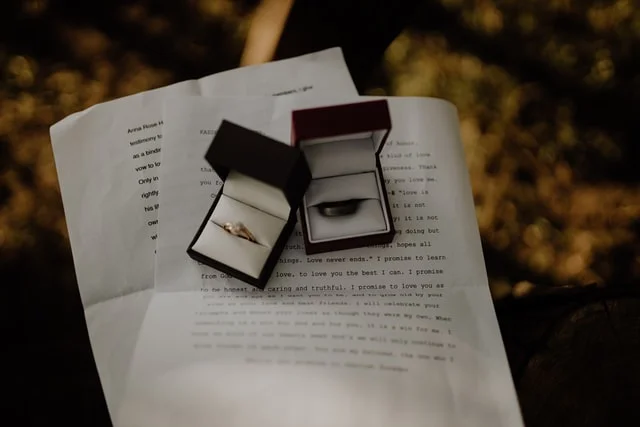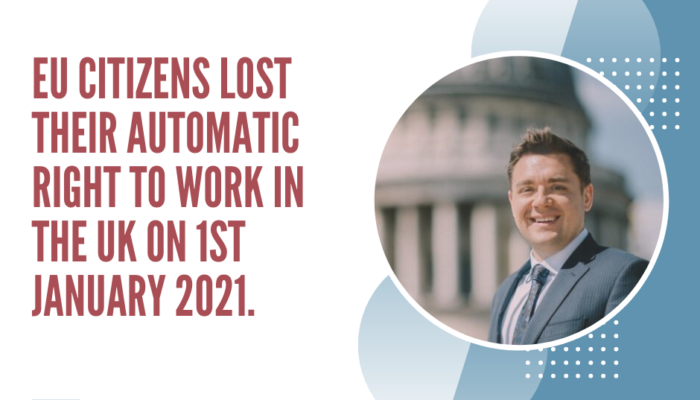Ending a civil partnership in the UK

Civil partnerships are getting more and more common in the United Kingdom. Naturally, some of these relationships do not prove to be successful, and partners are deciding to end their civil partnerships due to various changes in circumstances.
The process of dissolving a civil partnership in the UK is rather complex, and it is important to understand its main aspects in advance. This article will cover different grounds for initiating the procedure and a step-by-step guide on how to dissolve a civil partnership in the United Kingdom.
Meaning of civil partnership
Civil partnership is a legally-recognized form of relationships in the UK. Civil partnerships are registered legally and are available both for same-sex couples and for partners of opposite genders.
Civil partnerships offer rights and obligations similar to the ones associated with marriage, although there are many differences between these two partnerships. One of these differences relates to how these relationships are terminated legally.
Grounds for dissolution of a civil partnership
Prior to 2022, there was a set of facts, one of which had to be true in order to dissolve a civil partnership in the UK. The list included living apart for specified periods of time, unreasonable behaviour on the partner’s side, and other conditions.
Right now, this list is no longer relevant, as the only condition for the procedure to be initiated is the irretrievable breakdown of the relationships. There is no need to gather documented proof, as it is enough to simply provide the corresponding statement.
The process for the dissolution of a civil partnership in the UK
Even though there is no need in gathering documented evidence of the relationships being irretrievably broken down, the question of how do you end a civil partnership in the UK is still relevant for many couples. The procedure is rather complex, and can be separated into four main stages:
- Applying to dissolve the civil partnership
- Applying for a conditional order
- Applying for a final order
- Finalising the dissolution of the civil partnership
Each stage requires the applicants to perform different actions and is considered a separate procedure. It is reasonable to review them one by one to cover all the main details for each step.
Applying to dissolve the civil partnership
The first step requires one of the partners to submit a dissolution application to court. This can be done by any of the partners, but depending on whether or not the other partner agrees to perform this procedure, it becomes either a contested or an uncontested dissolution. The other partner will have 14 days since receiving the acknowledgement form to provide the court with a response.
After the initial filing has been submitted, it is necessary for the couple to wait for twenty weeks. This period is used to give the partners some time to potentially rethink their decision, and after it passes, the applicants are required to verify their intention to dissolve the civil partnership.
Applying for a conditional order
Once the intentions have been confirmed, it is necessary to apply for a conditional order. The procedure involves the court checking all the corresponding documents, where the court issues the conditional order in case it is satisfied with the filing and approves of the procedure moving forward.
Normally, this procedure is simple for uncontested filings and rather complicated with contested dissolutions. In the first case, the court usually does not stand in the way of people terminating their relationships, and will issue the order if the filing was performed correctly. In the second scenario, the court is much more thorough in verifying the case and is usually determined to produce a fair decision.
Applying for a final order
In case the conditional order has been issued, it is necessary to move on and apply for a final order. It can only be done after a six-weeks waiting period, and the order itself is the document verifying the relationships being terminated.
Upon being issued, this document is the main proof of your status, so it is important to keep it in a safe place. The holders of a final dissolution order are allowed to enter new marriages or civil partnerships.
Finalising the dissolution of the civil partnership
The civil partnership is officially considered dissolved after the final order has been issued by the court. At this stage, the partners only need to finalise the termination of their relationships by distributing their possessions, following the settlement orders, and performing other related procedures.
How long does it take to dissolve a civil partnership?
The procedure of dissolving a civil partnership takes a while, as there are at least twenty weeks of waiting periods, not even counting the time the court reserves to make its decisions and issue orders.
The duration of this procedure is also very dependent on the details of the case. As it was already mentioned, dissolutions approved by both partners tend to be reviewed a lot quicker than contested applications. The general time frame for the procedure is from six to nine months.
How much does it cost to dissolve a civil marriage?
The main fee associated with the civil marriage dissolution procedure in the United Kingdom is the application fee which currently is £593. Depending on the case, there might be additional fees for performing the procedure. For example, issuing a child arrangement order costs a separate fee of around £300.
Of course, if you are seeking legal advice, it comes with its own fees. In most cases, it is recommended to consult with professional solicitors, as failing to get the settlement in your favour or failing to get a conditional order from the first attempt might turn out to be much more costly.
How can we help?
The team of Sterling Law is always ready to provide all legal guidance you need. Whether you are applying as a couple or making a contested application, our experienced solicitors will assist you in getting the best settlement possible.
We always approach our clients individually, ensuring you will get the best advice for your specific situation. Feel free to use our website to book a consultation or visit our office in London to get your civil partnership dissolved.















